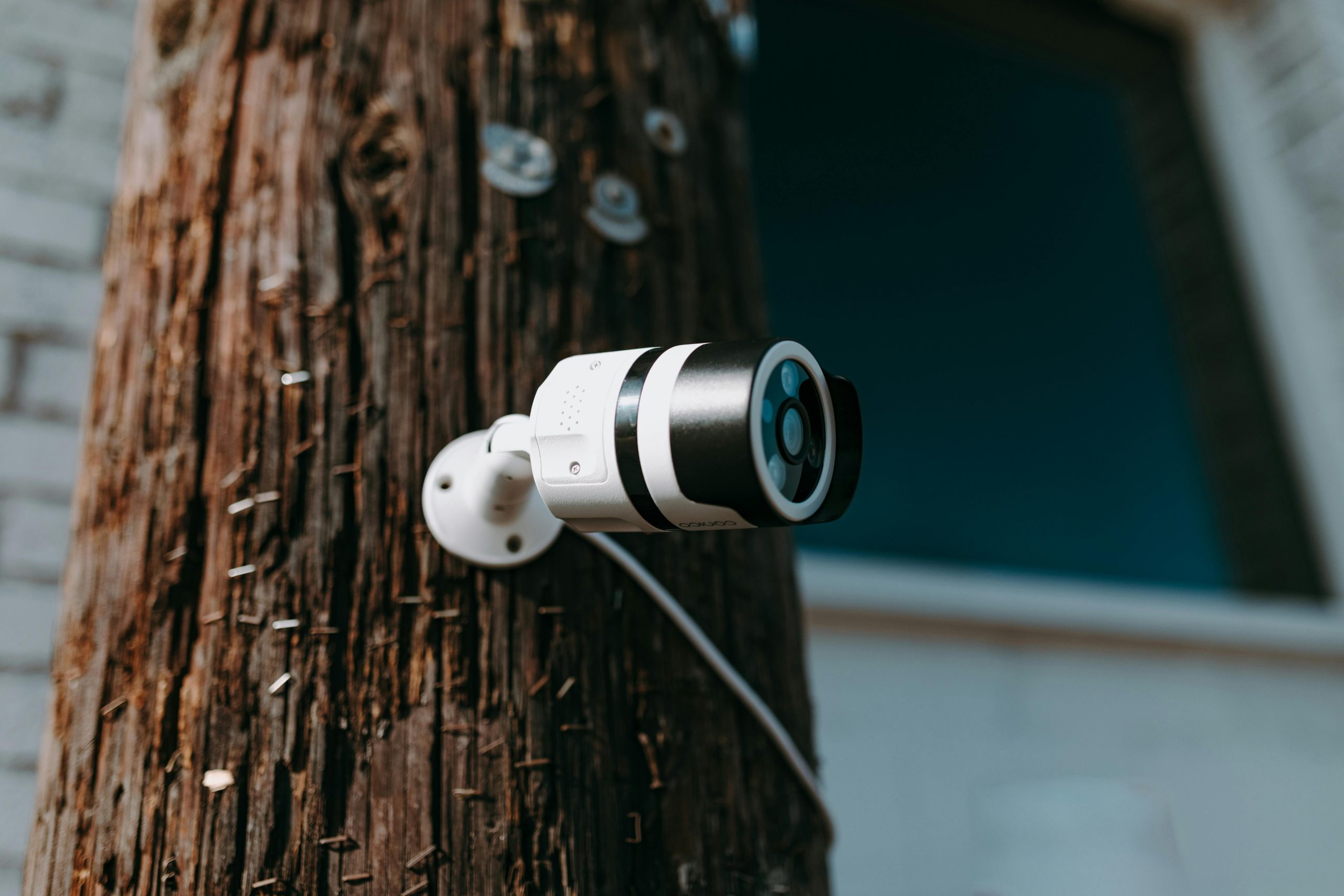Will Insurance Cover All Damages?
I got into a car accident recently where the other driver ran a stop sign and hit me. I slammed on my brakes but still ended up clipping their back end at about 10 mph. Thankfully, the damage wasn’t severe, and we both managed to drive away after exchanging insurance information. At the time, I only noticed a minor dent and a cracked headlight.
After filing a claim and reporting the incident to my insurance, I started to notice some issues. My brakes felt unusually spongy, so I assumed it might be low brake fluid or air in the lines from the accident. I topped off the brake fluid, but the problem persisted. Upon inspection, I found that both brake hoses were leaking due to cracks. To make matters worse, I also discovered that my car was leaking a significant amount of oil—about a drop every couple of seconds.
I usually take good care of my car and perform all maintenance myself, and I hadn’t encountered these issues before the accident. This leads me to my main question: Will my insurance cover these additional damages? I’m concerned they might deny my claim since I can’t definitively prove that these problems arose from the accident, aside from some photos taken after the incident and my girlfriend’s account (she was with me during the crash).




I’m sorry to hear about your accident and the issues you’re experiencing with your car. When it comes to insurance, coverage can vary based on the specific policy and the circumstances surrounding the claim. Here are a few things to consider:
At-Fault Driver’s Insurance: Since the other driver was at fault, their insurance should cover damages to your vehicle. This generally includes damages directly caused by the accident, so the cracked headlight and dent should be covered without issue.
Newly Arising Issues: The problems with your brake hoses and oil leaks might be trickier. If these issues can be directly linked to the accident (for instance, if the impact caused damage to those components), you may have a better chance of getting those repairs covered. However, proving that they stemmed from the accident can indeed be a challenge.
Document Everything: Make sure you document all the damages and any repairs you attempt. Take clear photos, keep receipts, and write down any conversations with your insurance company. This information can be helpful if there is a dispute about what was caused by the accident.
Inspection by a Mechanic: Consider having a professional mechanic inspect your car. They might be able to determine if the brake issues and leaks are related to the accident. A detailed report from a professional could support your claim.
Insurance Adjuster’s Assessment: Ultimately, the insurance company’s adjuster will assess the damages. They may look at your vehicle pre-accident (if possible) to help determine if the new issues stemmed from the incident.
Communication with Your Insurer: Stay in touch with your insurance company and keep them informed of any new developments. Be honest and clear about the timeline of issues that arose after the accident.
In conclusion, while the initial damages should be covered, the additional issues may require more evidence to establish a connection to the accident. Consult with your insurance adjuster for their specific policy details and processes. Good luck!